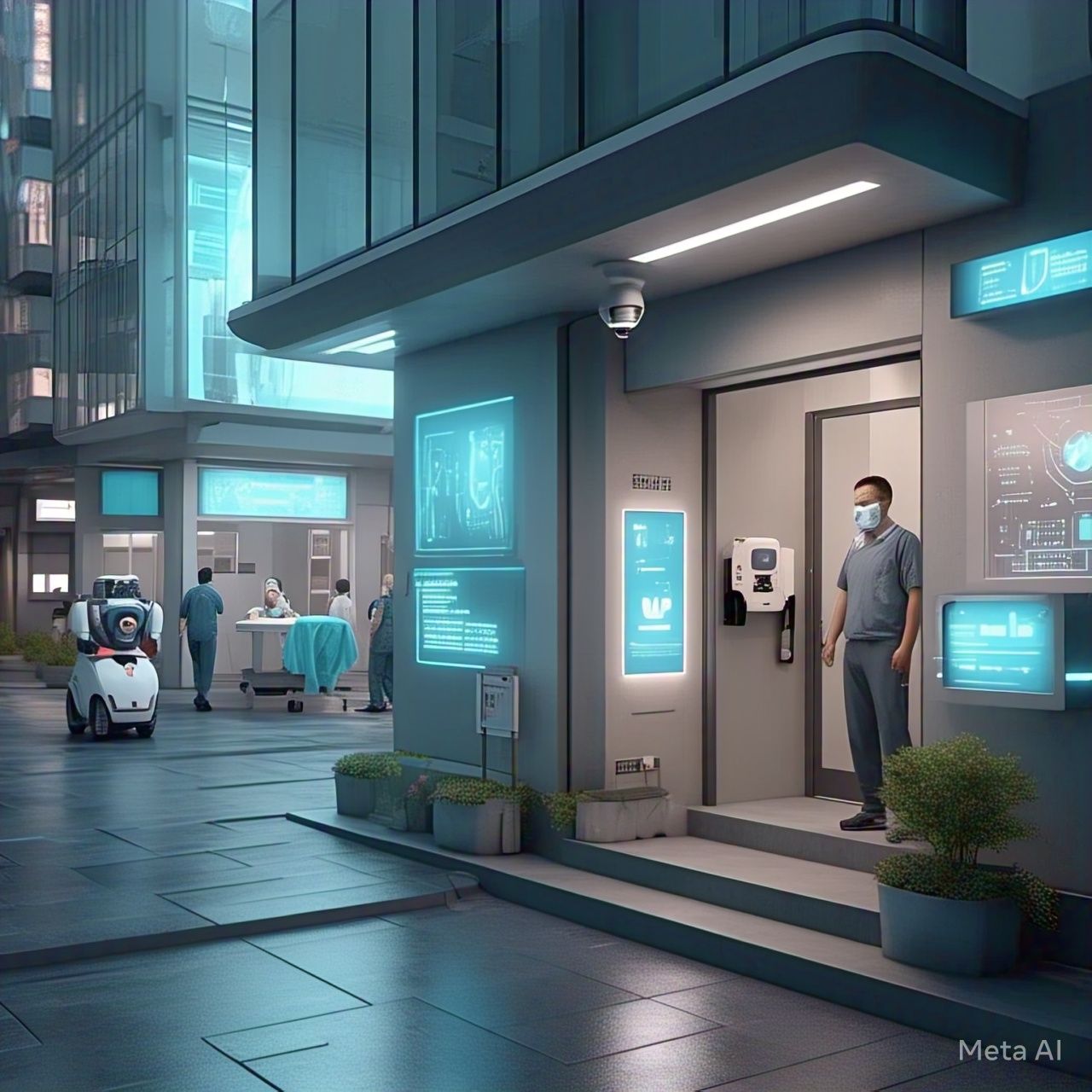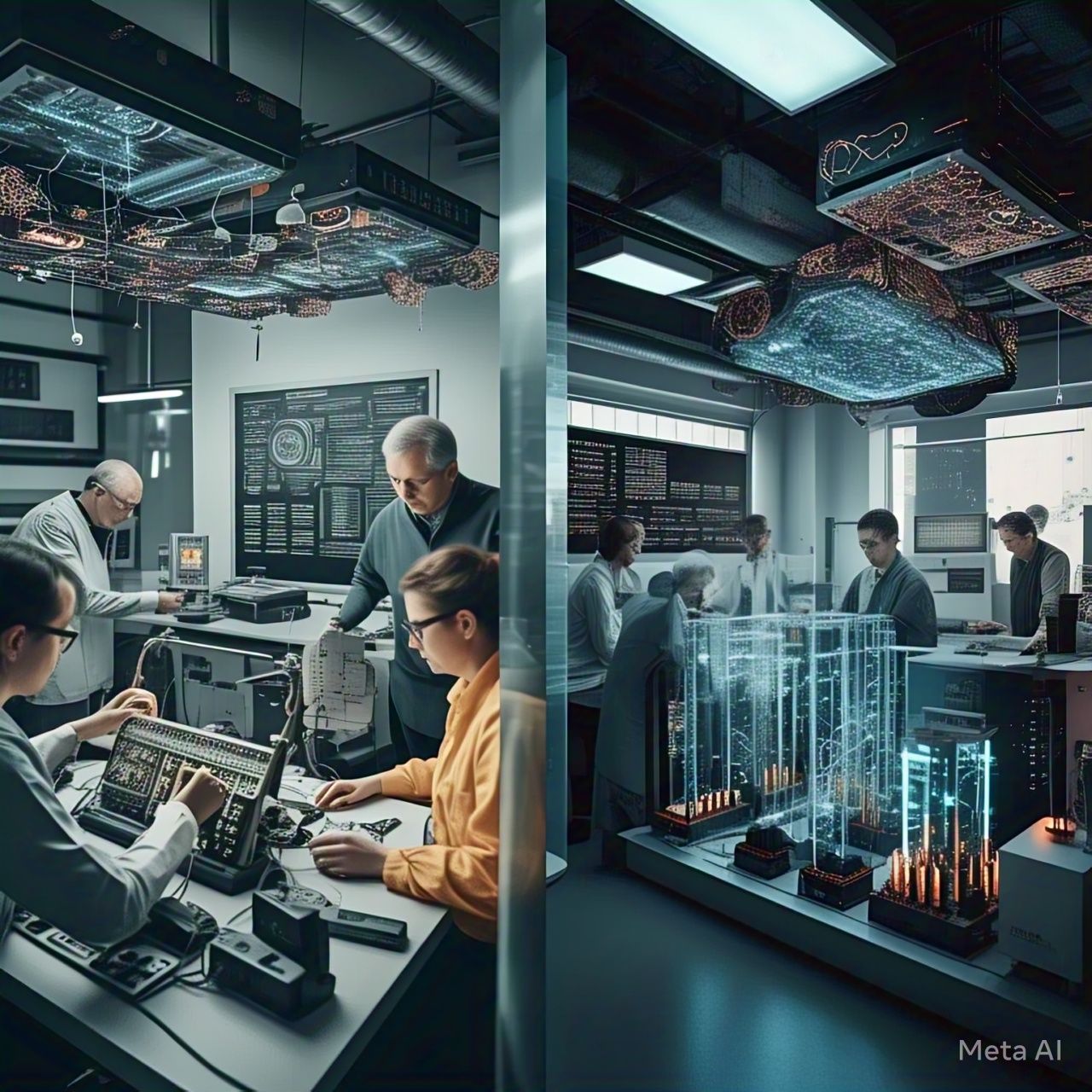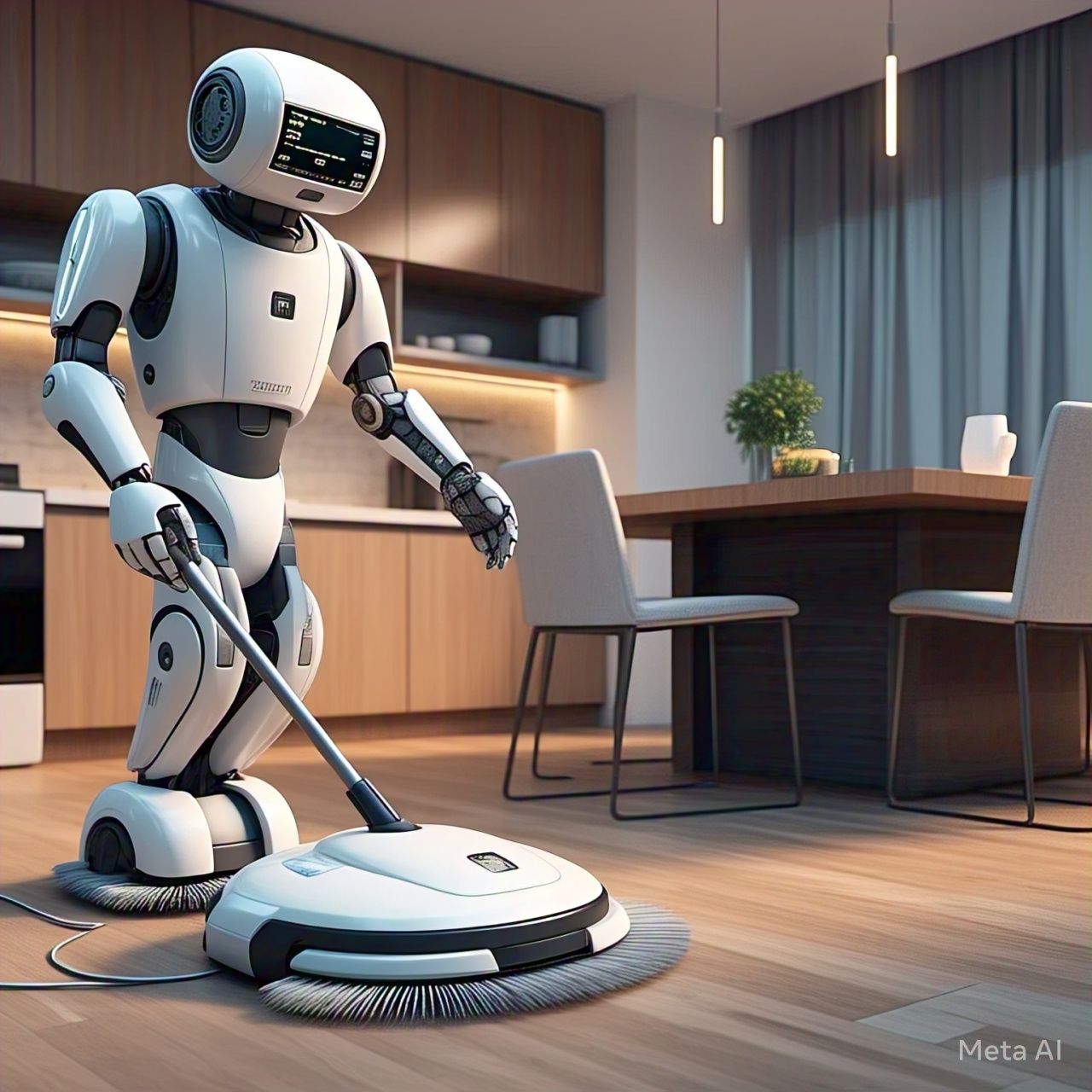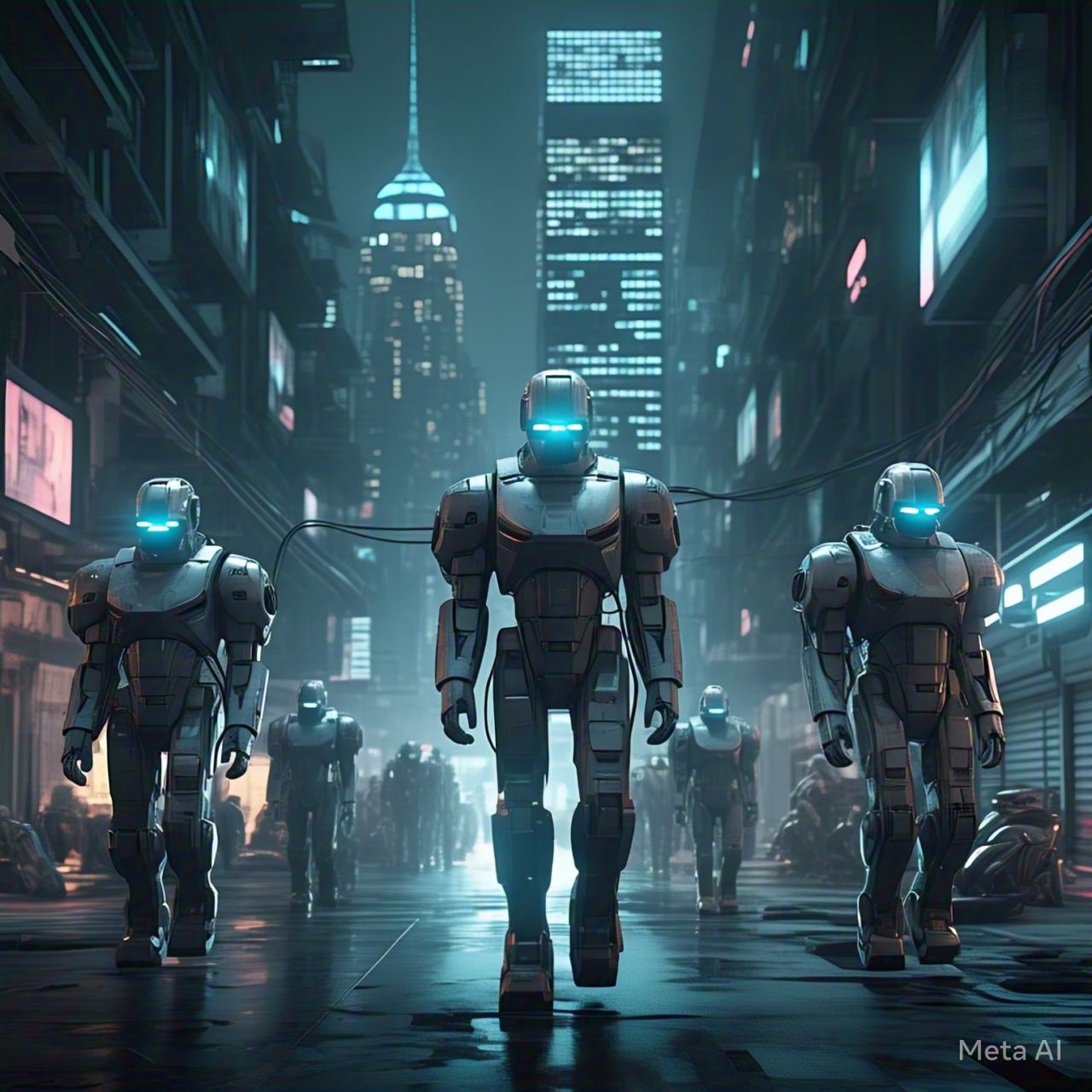Table of Contents
- Introduction
- The Concept of Smart Cities
- AI’s Role in Smart Cities
- AI in Household Automation
- Enhancing Security through AI
- AI in Healthcare: A Game Changer
- Challenges and Ethical Considerations
- Future of AI in Smart Cities
- Conclusion
- FAQs
Introduction
Smart cities are transforming urban life by leveraging artificial intelligence (AI) to enhance efficiency, safety, and sustainability. AI-driven innovations in areas such as security, transportation, energy management, and healthcare are reshaping the way cities function. This article explores how AI is connecting households, security, and healthcare, ensuring a seamless, intelligent urban experience.
The Concept of Smart Cities
Smart cities integrate technology to improve quality of life, optimize urban services, and reduce resource consumption. The core pillars include:
| Key Aspect | Description |
|---|---|
| Infrastructure | AI-driven energy grids, smart buildings, and automated public services |
| Mobility & Transport | AI-powered traffic management, autonomous vehicles, and smart transportation systems |
| Security | Predictive policing, AI-powered surveillance, and emergency response systems |
| Sustainability | Renewable energy integration, waste management, and pollution monitoring |
| Healthcare | AI-assisted telemedicine, predictive analytics, and smart wearables |
How AI Helps in Smart Cities
AI plays a crucial role in making urban areas more connected, efficient, and secure. Key AI-driven applications include:
- Smart Energy Management: AI optimizes power distribution, enhances grid reliability, and predicts electricity consumption.
- Traffic Control & Smart Transportation: AI-powered sensors and IoT devices analyze real-time traffic to minimize congestion.
- Waste Management: Smart waste bins notify authorities when they are full, optimizing collection routes.
- Public Safety & Surveillance: AI-based facial recognition, traffic cameras, and emergency response systems enhance security.
- Digital Healthcare: AI-powered remote patient monitoring and smart health systems provide real-time diagnostics and treatment.
AI’s Role in Smart Cities
1. AI in Infrastructure and Urban Planning
- AI analyzes traffic patterns to optimize road networks and reduce congestion.
- Smart grids enhance energy efficiency by adjusting power supply based on demand.
- AI-driven climate monitoring predicts natural disasters and improves disaster response.
- AI enables automated building energy management systems, reducing power waste.
| AI Application | Function |
| Smart Grid Systems | Optimize energy distribution and consumption |
| Predictive Maintenance | Identifies potential failures in buildings and infrastructure |
| Intelligent Traffic Systems | Uses AI to manage congestion and reduce emissions |
| IoT-Connected Streetlights | Adjusts brightness based on weather and traffic patterns |
AI in Smart Households: Enhancing Daily Life
Smart Homes and IoT
- AI-Powered Assistants: Voice-controlled assistants like Amazon Alexa and Google Assistant help control home devices, set reminders, and provide real-time updates.
- Energy Efficiency: AI-driven thermostats, like Nest, learn household habits to optimize heating and cooling.
- Smart Security Systems: AI-enabled video doorbells, security cameras, and alarms enhance home safety.
- Automated Lighting and Appliances: AI adjusts lighting, appliances, and security systems based on occupancy.
- Smart Water Management: AI detects leaks and optimizes water usage to save resources.
Enhancing Urban Security Through AI
Crime prevention and law enforcement have been transformed by AI-powered surveillance and monitoring tools.
AI for Law Enforcement
- Facial Recognition: Identifies suspects in real-time using AI-based camera surveillance.
- Predictive Policing: AI predicts crime hotspots, allowing police to allocate resources efficiently.
- License Plate Recognition: Detects stolen vehicles or traffic violations automatically.
- Gunshot Detection Systems: AI sensors alert authorities to gunfire, enabling faster emergency responses.
Smart Surveillance and Public Safety
- AI-enabled drones monitor public spaces, providing real-time data.
- Machine learning detects unusual crowd behavior, alerting authorities to potential threats.
- AI predicts emergency situations, aiding first responders in disaster recovery and evacuation planning.
AI in Healthcare: A Game Changer in Smart Cities
AI is transforming urban healthcare through remote patient monitoring, predictive analytics, and personalized treatments.
Remote Patient Monitoring
- Wearable devices track vital signs like heart rate, oxygen levels, and glucose levels.
- AI flags early warning signs of diseases, prompting timely intervention.
- Chatbots provide mental health support and connect users with professionals.
- Predictive Analytics for Outbreaks: AI helps track and predict disease outbreaks, such as COVID-19.
AI in Emergency Healthcare
- AI-Enhanced Ambulances: Smart ambulances prioritize routes, ensuring faster emergency responses.
- Medical Drones: AI-powered drones deliver medicines and vaccines to remote areas.
- Robotic Assistance in Surgery: AI-powered robots assist in surgeries for enhanced precision and better patient outcomes.
| AI in Healthcare | Function |
| AI Chatbots | Provide mental health support and basic diagnostics |
| Remote Monitoring | Uses wearables for real-time health tracking |
| Predictive Analytics | AI predicts outbreaks and potential health risks |
| Smart Drug Management | Reduces prescription errors and ensures proper dosage |
Challenges and Ethical Considerations
- Privacy and Security: AI relies on sensitive data, raising cybersecurity concerns.
- Data Bias: AI models may perpetuate biases, leading to discrimination in services.
- High Implementation Costs: Smart cities require substantial investment in AI infrastructure.
- Regulatory Compliance: Governments must ensure AI follows ethical standards.
The Future of AI in Smart Cities
The integration of AI into smart cities is still evolving. Some future trends include:
- Fully autonomous public transport systems for increased efficiency.
- AI-driven climate control for sustainable urban development.
- Blockchain and AI integration for improved security and transparency.
- Enhanced AI-based cybersecurity to prevent cyber threats in connected cities.
- More widespread implementation of 5G for better IoT connectivity.
Conclusion
AI is revolutionizing smart cities by connecting households, security systems, and healthcare services. As technology evolves, the potential for AI to further improve urban efficiency, safety, and sustainability remains immense. While challenges such as data security and ethical considerations persist, the long-term benefits of AI in smart cities far outweigh the challenges.
FAQs
1. How does AI improve safety in smart cities?
AI enhances safety by utilizing surveillance systems, facial recognition, and predictive policing to prevent crimes and ensure rapid emergency response.
2. How does AI contribute to smart healthcare?
AI helps in remote patient monitoring, disease prediction, and emergency response by analyzing real-time health data and providing early warnings.
3. What are the privacy concerns with AI in smart cities?
AI collects vast amounts of data, raising concerns over data security, privacy, and potential misuse of personal information.
4. Can AI reduce traffic congestion in smart cities?
Yes, AI-driven traffic management systems optimize traffic flow, reduce congestion, and minimize accidents.





